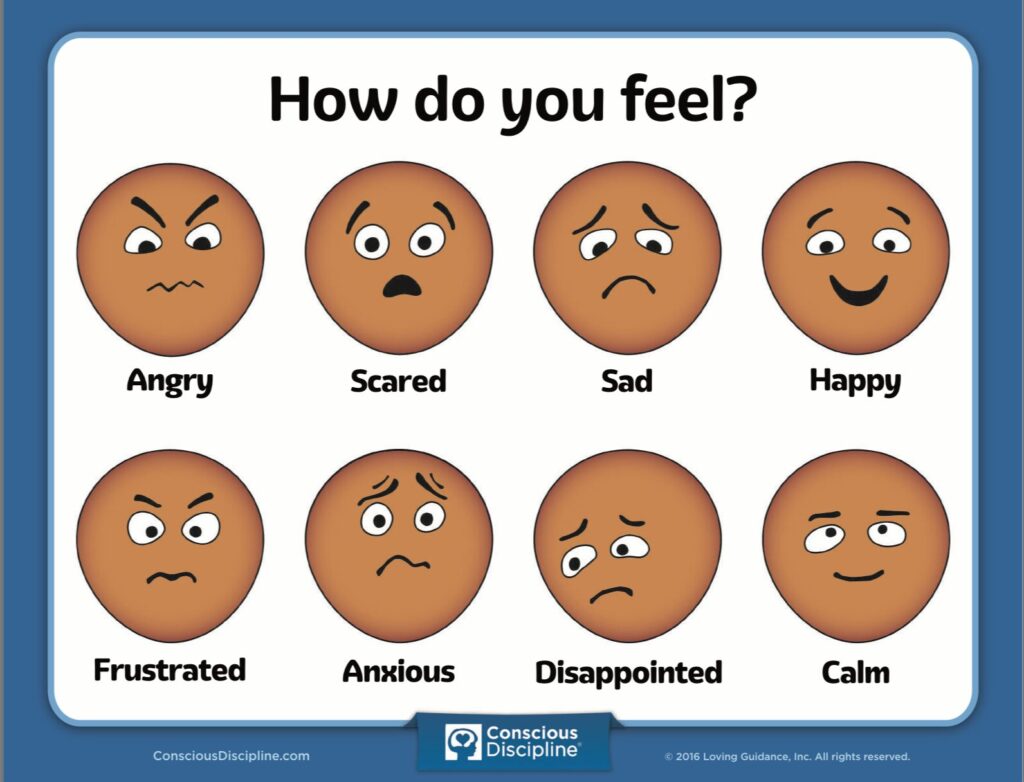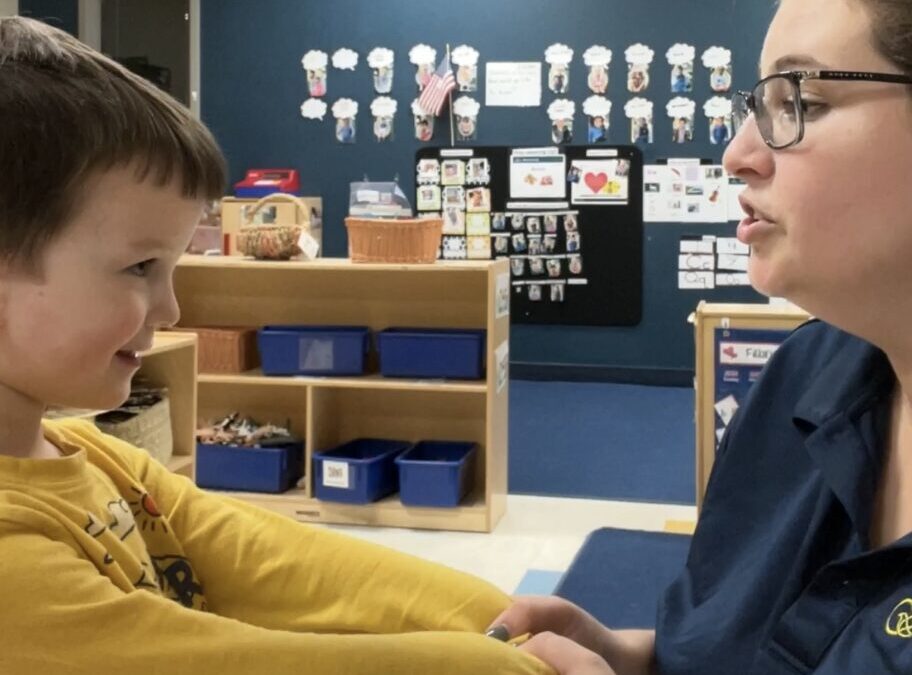Imagine a world where disciplining your child is about teaching, not punishing. Where every misbehavior is an opportunity for growth. This is our approach to discipline here at Celebree School, and it can be yours too!
Discipline shouldn’t be about imposing rules and consequences on children; it’s about helping them to develop discipline within themselves, guiding them to build self-regulation, empathy, and problem-solving skills. Conscious Discipline, a comprehensive social-emotional learning program, shifts the focus to cultivating inner discipline within every child. By emphasizing emotional intelligence, human connection, and internal growth, Conscious Discipline proves to be more effective in helping children become self-regulated, empathetic, and capable individuals. This perspective has transformed the way we view and practice discipline, fostering environments where children feel safe, connected, and empowered to make thoughtful, positive decisions.
The Foundation of Conscious Discipline
Conscious Discipline is built on seven powers and skills that equip adults to create safe, connected, and problem-solving environments. These powers and skills are designed to help both children and adults move from a traditional, control-based approach to one that emphasizes internal growth and self-regulation.
- Power of Perception: Recognizing that no one can make you angry without your permission. This power teaches adults to manage their own emotions, modeling calmness for children.
- Power of Unity: Seeing conflict as an opportunity to teach. Conflicts become moments to connect, understand, and guide children in developing problem-solving skills.
- Power of Attention: Focusing on what you want to see in your children. By emphasizing their positive behaviors rather than fixating on negative ones, adults encourage children to build on their strengths.
- Power of Free Will: Understanding that the only person you can make change is yourself. This power fosters autonomy and responsibility in children.
- Power of Acceptance: Embracing the moment as it is. Acceptance helps adults to be present and responsive rather than reactive.
- Power of Love: Seeing the best in others. This encourages empathy and compassion, essential components of inner discipline for both children and adults.
- Power of Intention: Living from the power of intention and purposeful teaching. Intentionality in interactions supports meaningful and effective discipline.
Moving Beyond External Control
Traditional discipline often relies on external control—using rewards and punishments to manage behavior. While this approach may yield immediate compliance from the child, it fails to address their underlying emotional and developmental needs. It can lead to a cycle of dependency on external validation and fear of consequences, which does not foster inner strength and confidence later in life. Conscious Discipline, however, shifts the focus from controlling behavior to teaching skills, understanding emotions, and fostering a sense of community.

Building Emotional Intelligence
Emotional intelligence is the cornerstone of self-discipline. Children need to understand and manage their emotions to make thoughtful decisions and interact positively with others. Conscious Discipline emphasizes emotional literacy through strategies like “Feeling Buddies,” which help children recognize and name their feelings. By acknowledging emotions, children learn that it’s okay to feel a certain way and, more importantly, how to manage those feelings constructively.
Teaching Problem-Solving Skills
When conflicts arise, they are seen as opportunities for teaching rather than occasions for punishment. Adults guide children through a problem-solving process, helping them to understand different perspectives, identify solutions, and make amends. This collaborative approach empowers children to handle future conflicts independently and constructively.
Fostering Connection and Community
A sense of belonging and connection is fundamental in building inner discipline. Conscious Discipline promotes the creation of school and home environments where every child feels valued and understood. Practices like “Connecting Rituals” and “Classroom Jobs” build a community spirit, teaching children the importance of cooperation, responsibility, and mutual respect.
Modeling Self-Regulation
Children learn by observing the adults around them. Conscious Discipline encourages adults to model self-regulation and calmness. By handling their own emotions effectively, adults demonstrate the behaviors they wish to see in children. This modeling is crucial because it shows children that managing emotions and behaviors is a lifelong skill.
Practical Strategies for Parents, Caregivers, and Educators
- Create Safe Spaces: Designate areas where children can go to calm down and reflect. These spaces should be equipped with tools and resources to help children self-soothe and process their emotions.
- Use Affirmations: Reinforce positive behavior and effort with affirmations. Statements like “I see you worked really hard on that” help children recognize their achievements and build self-esteem.
- Practice Empathy: Actively listen to children’s concerns and validate their feelings. Empathy fosters trust and connection, making it easier for children to accept guidance.
- Teach Deep Breathing: Introduce breathing exercises to help children manage stress and emotions. Techniques like “S.T.A.R. (Smile, Take a deep breath, And Relax)” can be integrated into daily routines.
- Establish Routines: Consistent routines provide a sense of security and predictability. Clear expectations and regular schedules help children understand what is expected of them.
Discipline is not a battle to be won but a relationship to be nurtured. By developing inner discipline through the principles of Conscious Discipline, we empower children to become self-regulated, empathetic, and capable individuals. This approach not only transforms behavior but also builds resilient hearts and minds, preparing children to navigate the complexities of life with confidence and compassion.
In fostering inner discipline, we create environments where every child can thrive, learn, and grow, making the world a better place one mindful interaction at a time.

